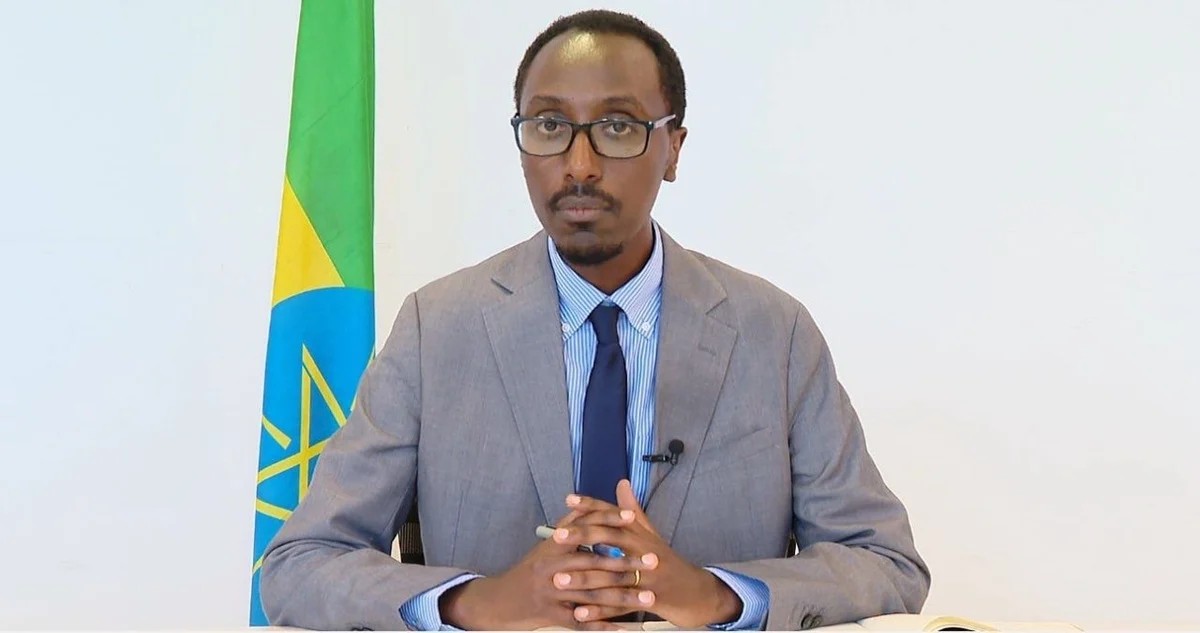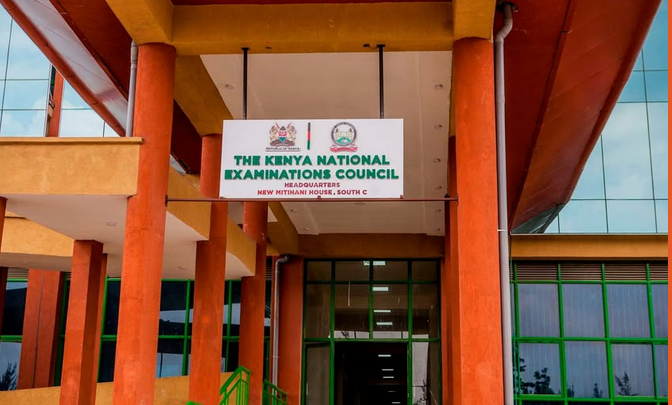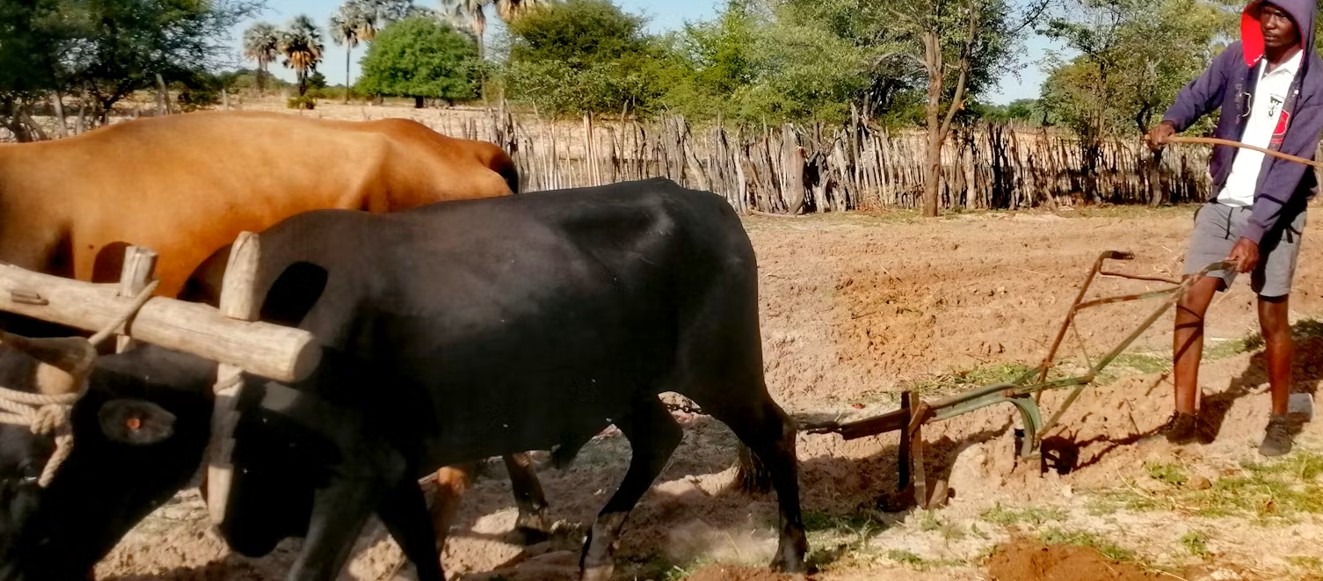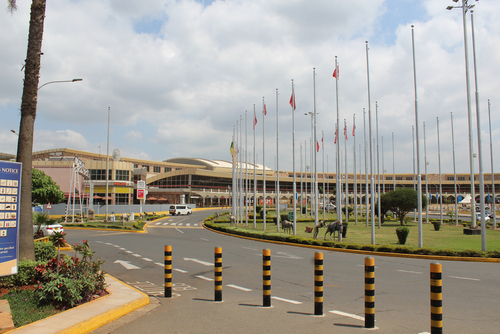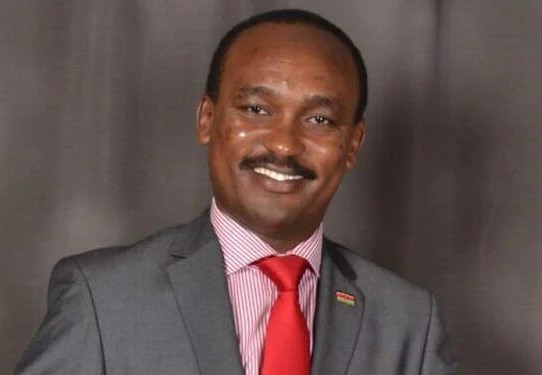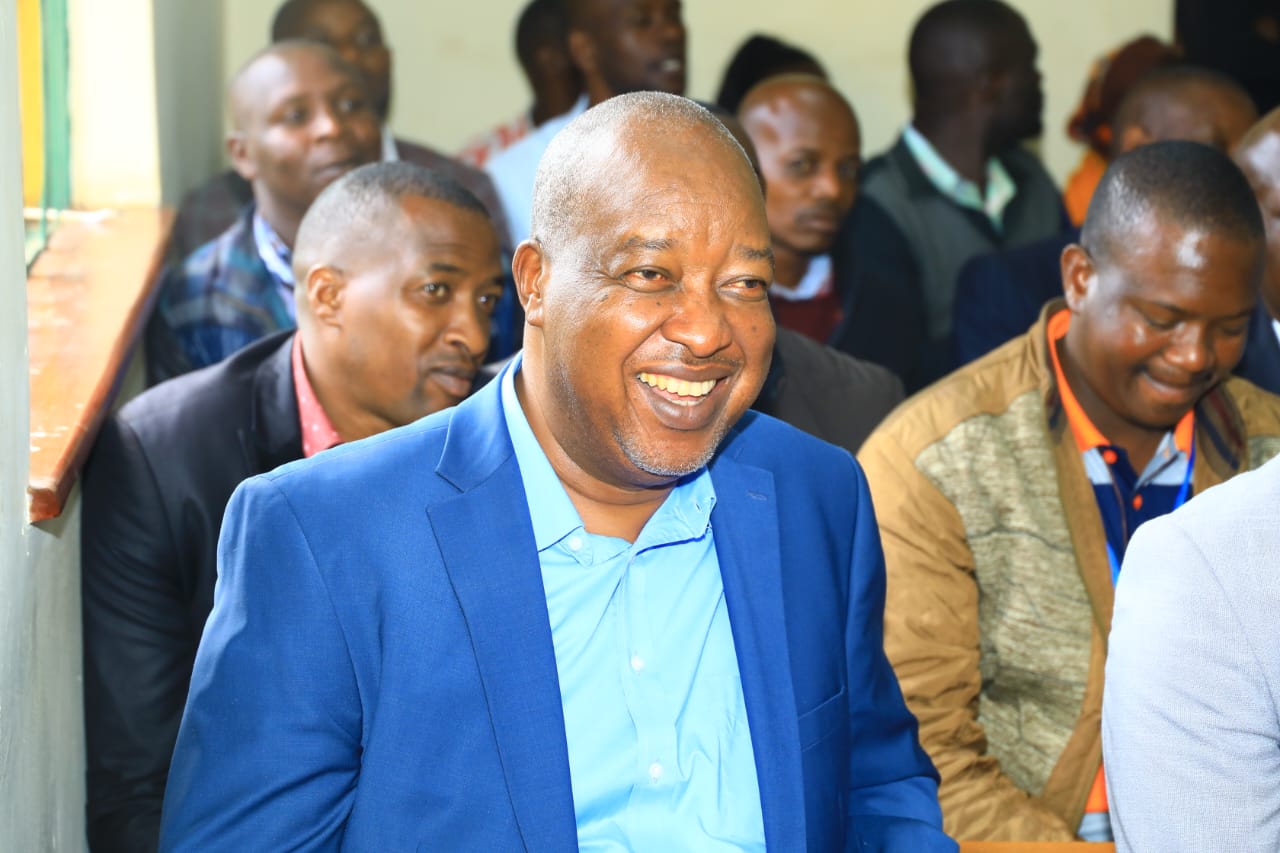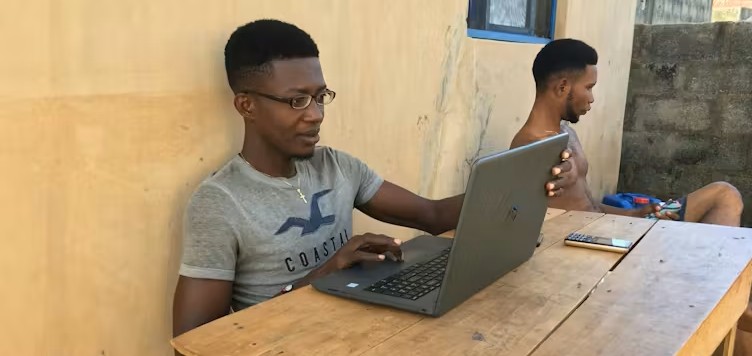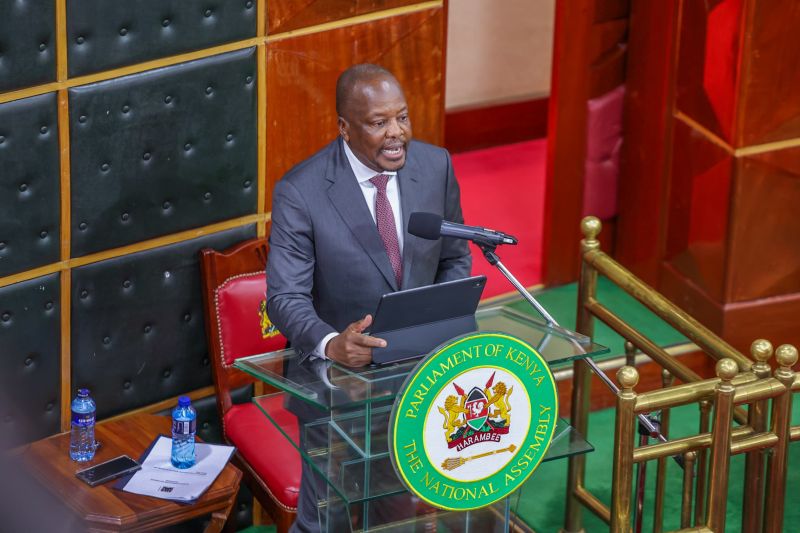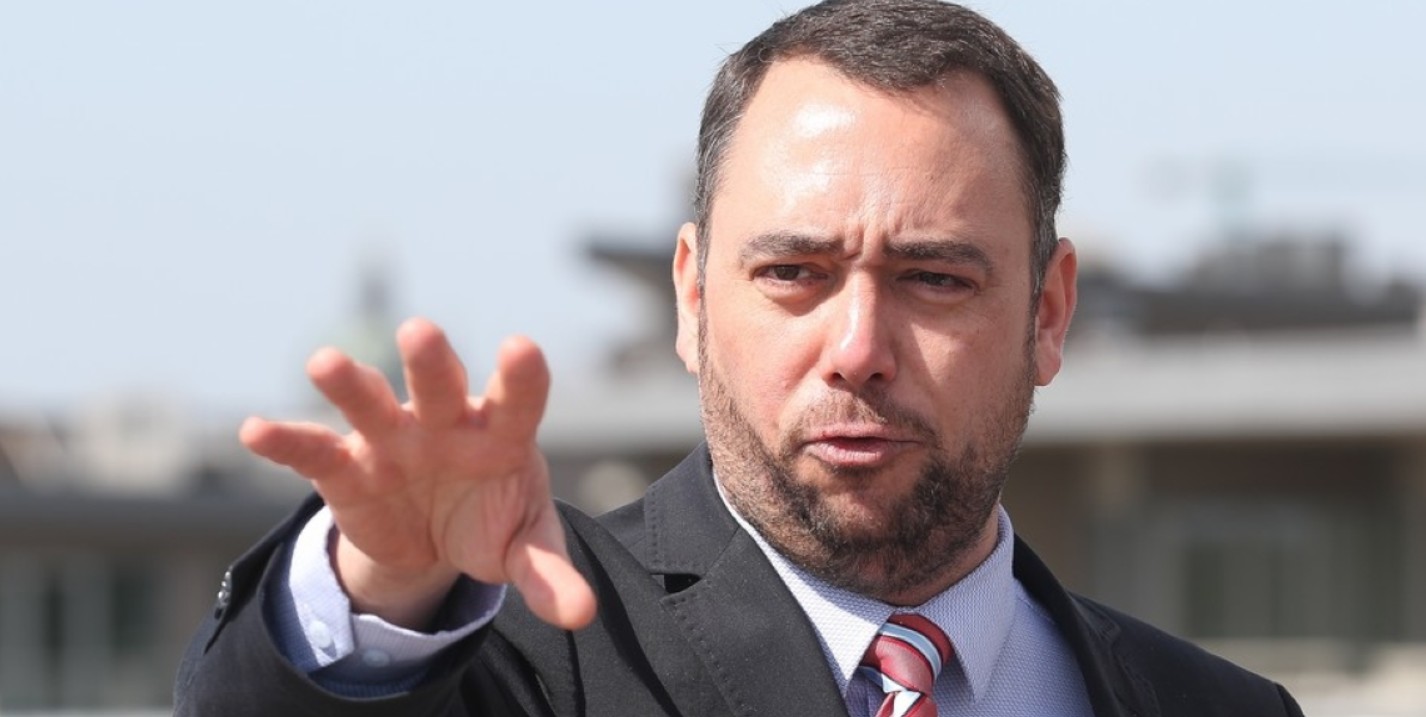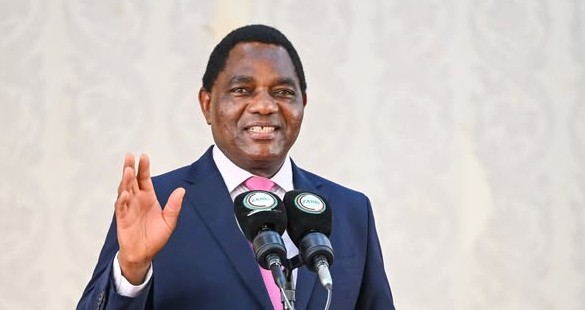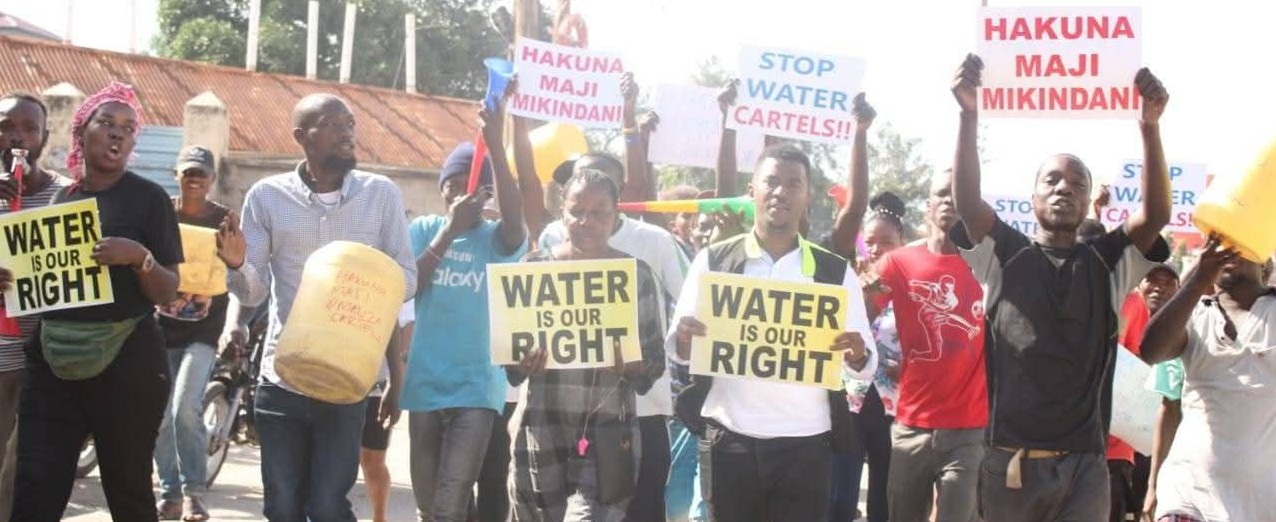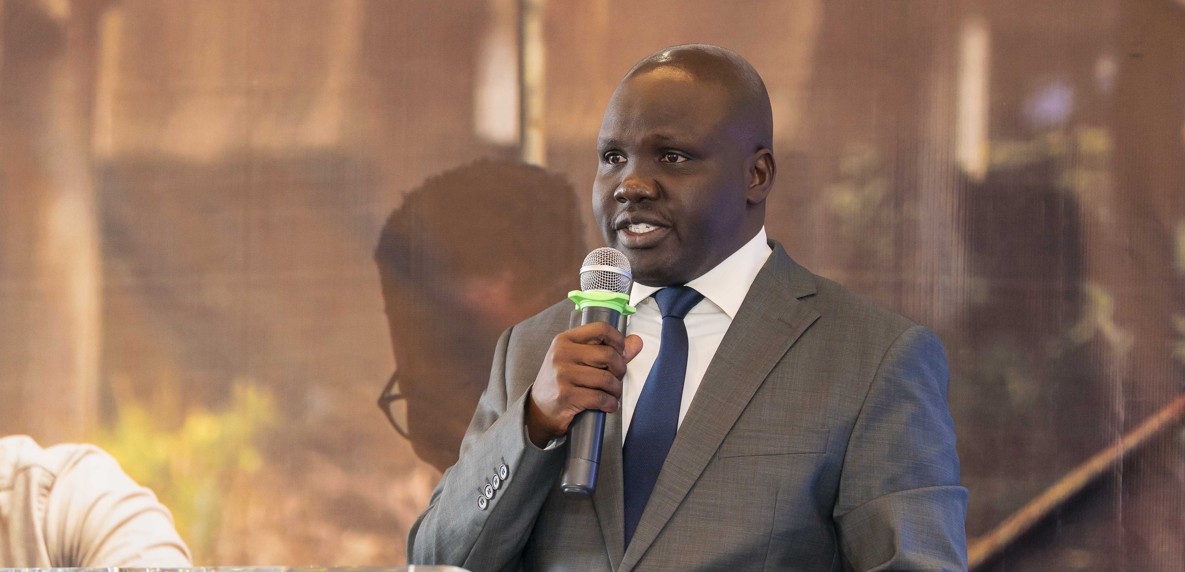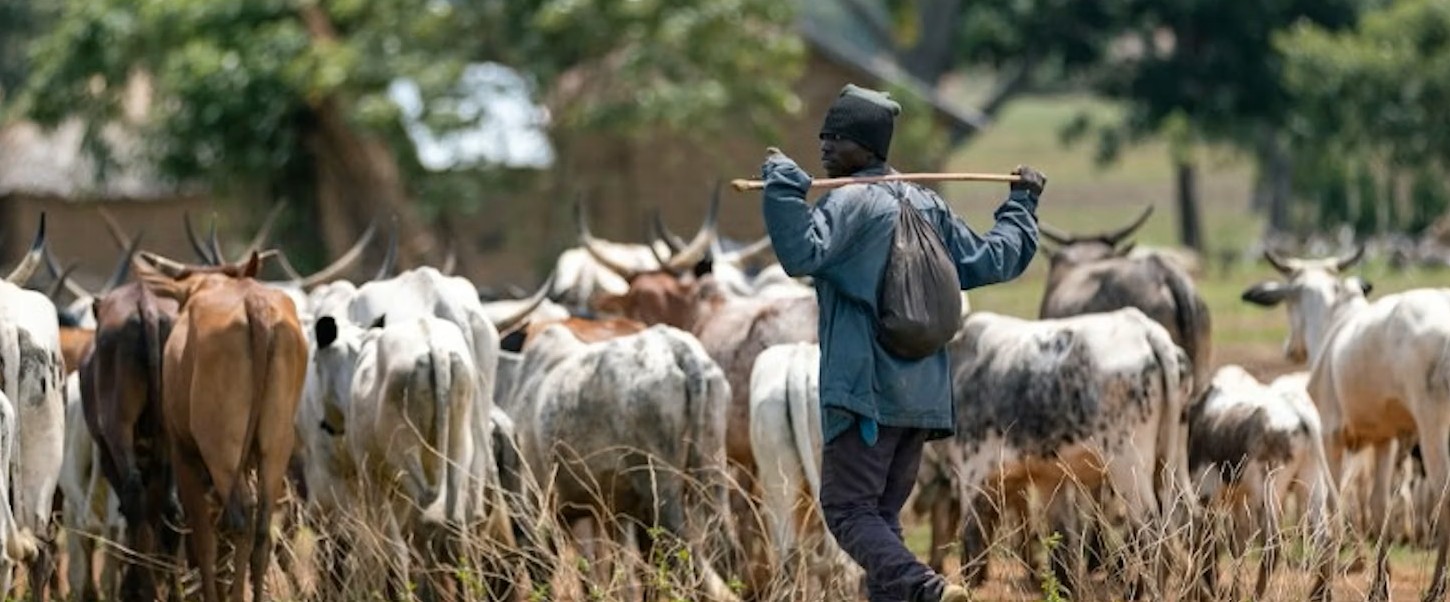Ruto speaks out after uproar over Butere Girls ‘Echoes of War’ play controversy

Ruto stressed the government’s commitment to nurturing talent in all its forms while warning against individuals attempting to use children for political agendas.
President William Ruto has insisted that his administration will not allow children to be used as political pawns, especially in ways that may breed resentment towards their country.
Speaking on Sunday during an interdenominational church service in Kapng’etik in Elgeyo Marakwet County, Ruto stressed the government’s commitment to nurturing talent in all its forms while warning against individuals attempting to use children for political agendas.
More To Read
- Itumbi faults halting of Butere Girls' play, calls action unnecessary but defends state's role
- Ruto warns politicians: Keep learners out of politics, focus on nurturing talent
- KHRC takes legal action over 'Echoes of War' controversy at Drama Festival
- IG of Police gives Internal Affairs Unit 21 days to probe National Drama Festivals misconduct claims
- Ministry of Education to review regulations after Butere Girls' play incident
- Ogamba explains Butere Girls drama festival dispute, warns principals against involving non-teachers
“We are investing in education because education is what sharpens our human capital, the most important asset that we have as a nation,” he said.
“That is the reason why we are deploying resources in our schools, in our TVETs, in our universities—because we want to make sure that we harness the potential that exists in our human resource. And we must give every child an opportunity to be the best they can be,” he stated.
The President’s remarks came against a mounting national debate triggered by the controversial handling of the Butere Girls High School play, Echoes of War, which has seen government agencies face widespread criticism.
Equal opportunities
Ruto noted that all children, whether academically gifted or excelling in sports, arts or the creative industry, must be given equal opportunities to thrive. However, he also issued a cautionary note about the kind of influences they are exposed to.
“We must equally protect all our children from paedophiles, from drug peddlers and from those who want to corrupt our children and teach them to hate their parents, teachers, leaders or their nation,” he said.
“We must protect our children from those ones, but we must give all our children the best opportunity to be what they can be.”
The President’s defence of his government’s stance comes amid a dramatic showdown involving the staging of Echoes of War, a play written and directed by former Kakamega Senator Cleophas Malala.
What began as a routine season of the Kenya National Drama Festivals on Thursday spiralled into a national spectacle after the Butere Girls production, which had smoothly advanced through local and regional levels, was suddenly disqualified at the Western Region Drama Festivals under unclear circumstances.
A court later reinstated the play into the national lineup, ruling in favour of the school.
Malala's arrest
However, tensions reached boiling point in Nakuru when Malala, who had travelled to support the students, was arrested in a dramatic scene involving armed police and senior DCI officials. He was barred from accessing the students and detained overnight at multiple police stations.
"Other schools are being allowed to train; why are you denying Butere Girls a chance to train? They have been locked inside there like prisoners," Malala was captured protesting to a police officer outside Kirobon Girls High School.
The standoff, broadcast live on national television and widely circulated online, sparked widespread public outrage, with many accusing the government of using excessive force and suppressing artistic freedom.
Tensions escalated when police lobbed tear gas at journalists and schoolgirls outside the festival’s venue, turning the scene chaotic and fuelling intense online backlash.
Declined to stage play
The students from Butere Girls High School, at the centre of the controversy, later declined to stage the play. Taking to the stage around 8 am on Thursday, April 10, they instead sang the national anthem and exited without performing.
They claimed police officers had harassed them and were being forced to perform without proper costumes and a working public address system.
However, the Ministry of Education dismissed the claims, stating that the students were given a fair opportunity to perform but chose not to.
Education Cabinet Secretary Julius Ogamba blamed the school’s management for violating Teachers Service Commission (TSC) guidelines by involving Malala, a non-teacher, in directing the play.
“The government did not stop Butere Girls from performing. Are you aware that the students were allowed to perform at 8 am? When they came to the stage after the National Anthem, one of them said they are not willing to perform without their director, Mr Malala,” Ogamba said.
TSC rules
He cautioned school heads against inviting non-teachers to direct co-curricular activities, saying it contravenes both TSC rules and the Kenya National Drama and Film Festival guidelines.
“We cannot allow people to weaponise school children against authority. Let political wars be fought by politicians outside learning environments,” he said.
Observers have highlighted the irony in the government's handling of the situation, given the play’s core message, depicting a country emerging from civil war with youth leading efforts in reconstruction, governance, and activism.
Critics argue that the attempt to silence the performance has instead amplified its message, sparking renewed discourse on freedom of expression, youth empowerment, and the limits of state control.
Top Stories Today
